In Alexandra Oliva’s book The Last One, contestants on a Reality TV show are caught when a global pandemic strikes halfway through production, and the game becomes a nightmare. The book came out in 2016, and Oliva surely didn’t anticipate that in just four years, her story would be a reality for the contestants of The Amazing Race (TAR).
When COVID-19 was declared a global pandemic in 2020, The Amazing Race season 33 had just begun shooting in Scotland. The producers made the tough call of suspending the race indefinitely (a first) and sending teams home with no guarantees of returning. TAR has always been about rising to challenges and overcoming adversity, so return they did, a full year and a half later.
They returned, in what was a Thanos-like scenario, to a depopulated competition. Half the eligible teams were unable to return for reasons beyond their control, racers faced the most difficult travel restrictions ever in the show’s history, but TAR made it work and offered a successful blueprint for how Reality TV can continue filming safely during a pandemic.
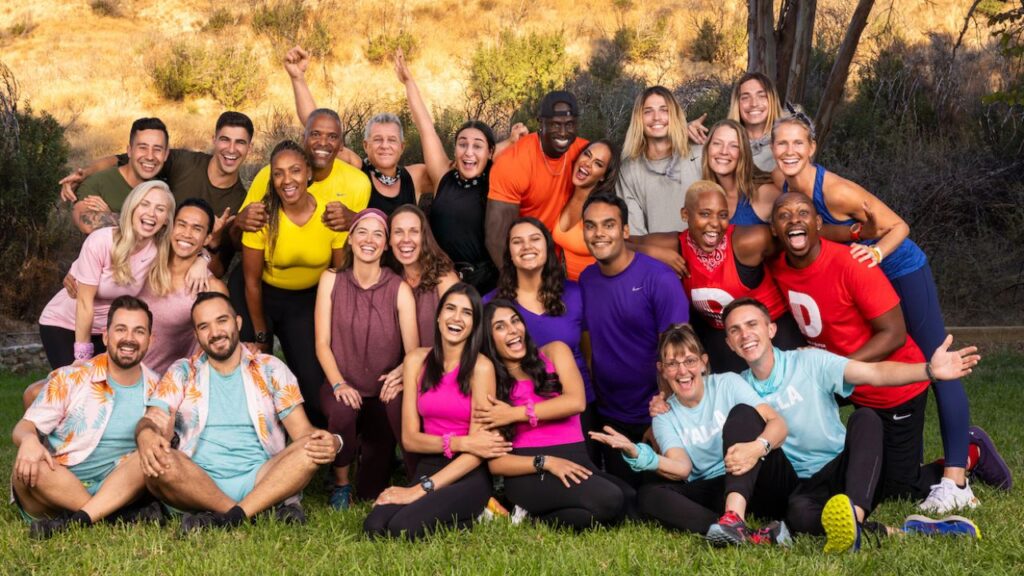
Now The Amazing Race is back with season 36. The show’s survival and evergreen appeal is a testament that although COVID drastically changed how we travel, the human desire for adventure and exploration prevails. And so far, this season’s been an exciting ride.
I still don’t have a favorite team, but I’m rooting for grandparents Derek and Shelisa. They may be the oldest team, but they seem super fit. Their older couple bickering and nagging, peppered with Shelisa’s sass, is hilarious.
Meanwhile, boyfriends Ricky and Cesar are crushing every challenge. They prove you don’t have to be the most physically fit team to excel. Success can come by doing things calmly and supporting your partner.
Amber and Vinny, on the other hand, have already had their first near-meltdown. The couple, both anesthesiologists, are constantly forcing themselves to spout streams of affirmations and empty platitudes even when they clearly just want to strangle each other. They’ll probably blow up soon and feel a lot better. Which, as we all know, will make for excellent television.
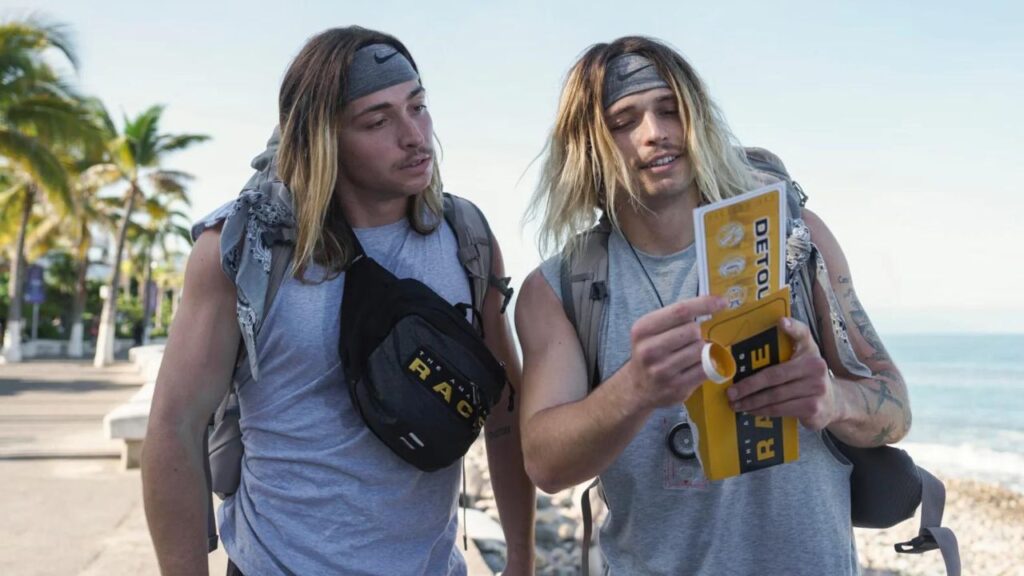
The legacies of COVID remain visible in TAR’s markedly altered format. Season 33 was actually filmed in 2022, when the virus was endemic, and international travel was only slowly restarting, with many borders still closed. It might explain why this season, the race has stayed predominately in Latin America, when before they would just freely jet across continents. Which is a real pity because as great as Mexico, Colombia, Chile, and Argentina are, the show has lost its international character.
To keep cast and crew safe, teams now fly together on the same charted flight. Previously, a big thrill of watching TAR was seeing teams struggle to make their own travel arrangements. Now, they appear to magically arrive in different countries without transiting, so we lose some sense of the epic journey the teams are making.
Another big (and lame) rule change is making the teams depart together in staggered groups. Previously, the order that teams finished made a real difference in the next leg. Arriving first could earn racers hours of lead time. Now that better-performing teams are saddled with those who came after, any advantage is wiped clean. Whether this particular rule change is unfair is debatable, but it’s actually made the race tighter with many extremely close finishes. Up to six teams have piled onto the pit-stop mat in quickfire succession in season 36; something that didn’t really happen before.
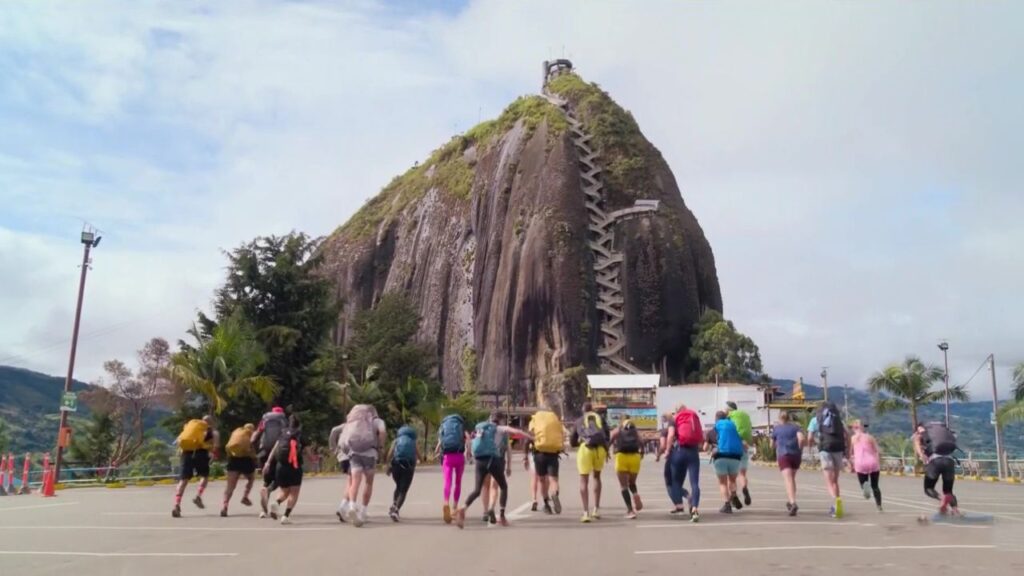
Some things, though, never change. Self-drive and navigation are still major sources of tension, tears, and tantrums. It never gets old watching flustered Americans getting lost or panicking when forced to drive a manual car while other frustrated drivers honk and curse at them. That’s just good TV.
The core values of the race will also never change. Unlike other Reality TV shows like Survivor or Big Brother, where backstabbing, manipulation, and self-centered scheming are prized, it is actually possible to run a clean race on TAR with integrity and kindness.
TAR brings out the best in people. The game may push racers to the absolute limits of their physical, emotional, and mental endurance, but teamwork, communication, and tenacity will see them through any challenge. That’s the race’s true appeal.
Travel and adventure may be a little different in a post-COVID world, but the parting words of The Amazing Race host Phil Keoghan are truer today than ever: “The world is waiting for you. Good luck. Travel safe. Go!”




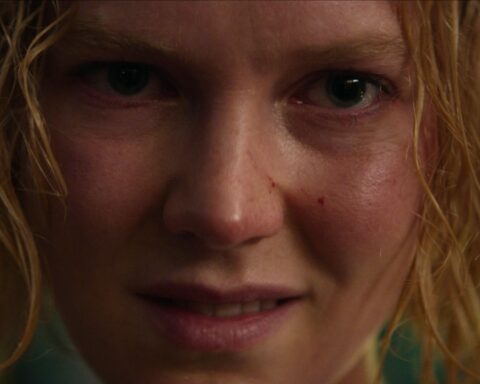

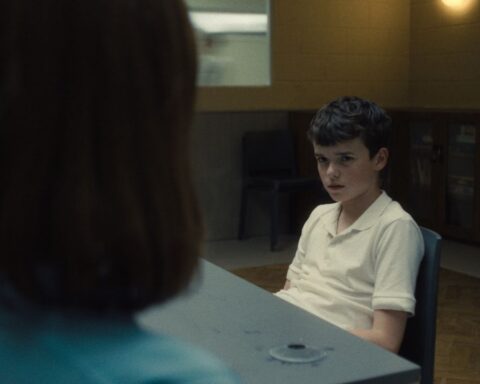


Follow Us